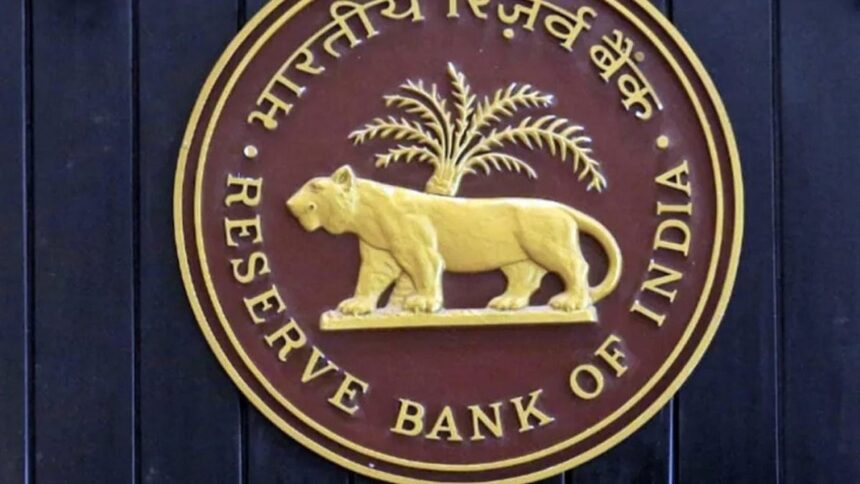At a time when retail inflation has reached a 15-month high, the Finance Ministry may approach the Reserve Bank of India (RBI) seeking restrictions on loans and advances given to traders of sensitive commodities, including food grains, cereals, pulses, oil seeds, raw cotton and sugar, among others.
A senior Finance Ministry official said the Reserve Bank of India can impose such selective credit controls under Sections 21 and 35A of the Banking Regulation Act.
These commodities are considered sensitive because of their substantial weights in the index of wholesale consumer prices. The objective in imposing credit controls would be to curb the use of bank credit for speculative holding of essential commodities, and avoid the resultant rise in prices. Banks are required to segregate each commodity covered by such controls and fix the credit limits against each.
“If certain people are hoarding large volumes of commodities, then you can opt for selective credit control and make them de-hoard by reducing their credit limit. These are sort of non-interest rate measures that can also be tried to control inflation,” a finance ministry official said, adding the centre can only discuss this with the RBI. “The final say would be with the central bank”, he added.
Commenting on the recent spike in inflation, the official said the government was taking a medium-term view.
“I think this month’s increase is transient. There are some special seasonal factors that will most probably abate within the next two months,” the official added.
India’s retail inflation had hit a 15-month high of 7.44 per cent in July, breaching the Reserve Bank of India’s upper tolerance level of 6 per cent.








